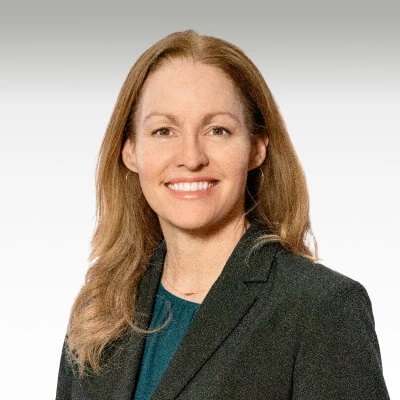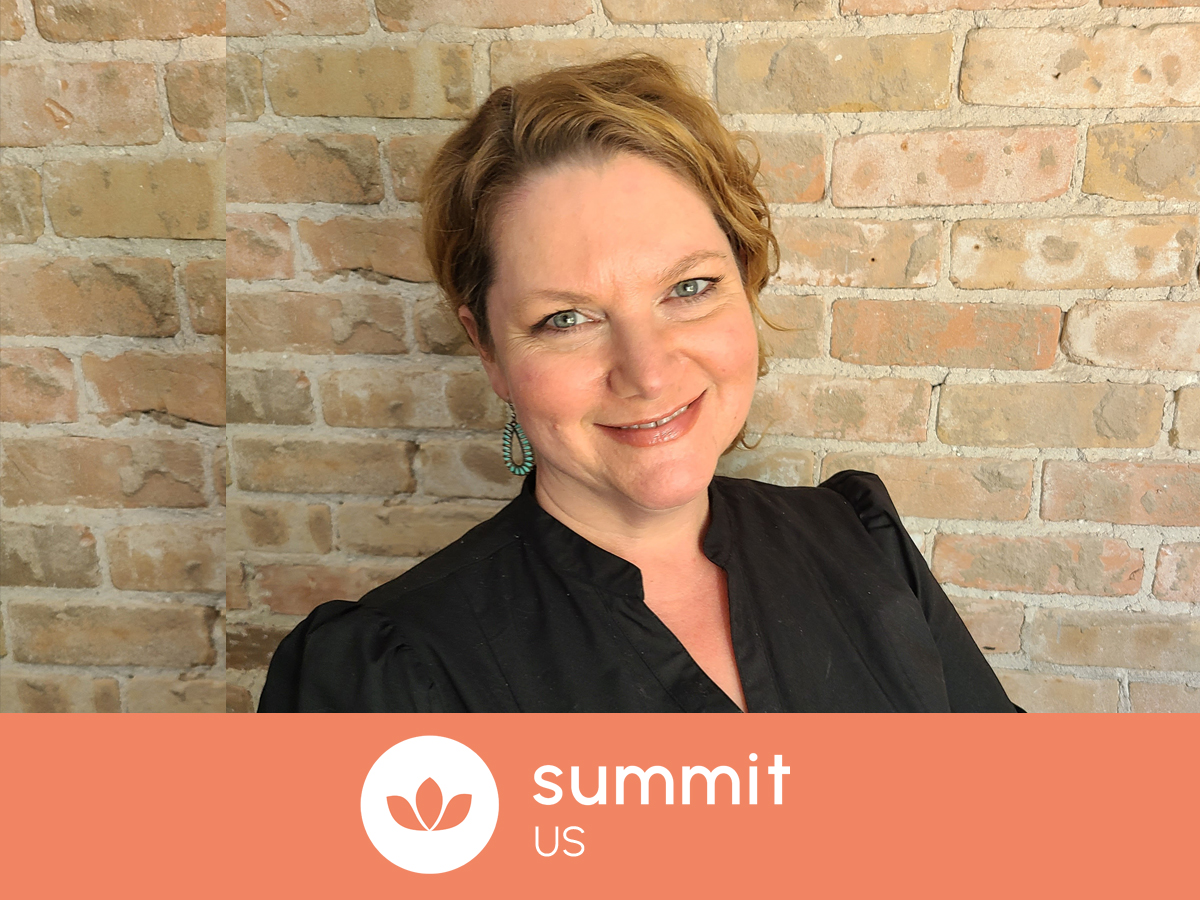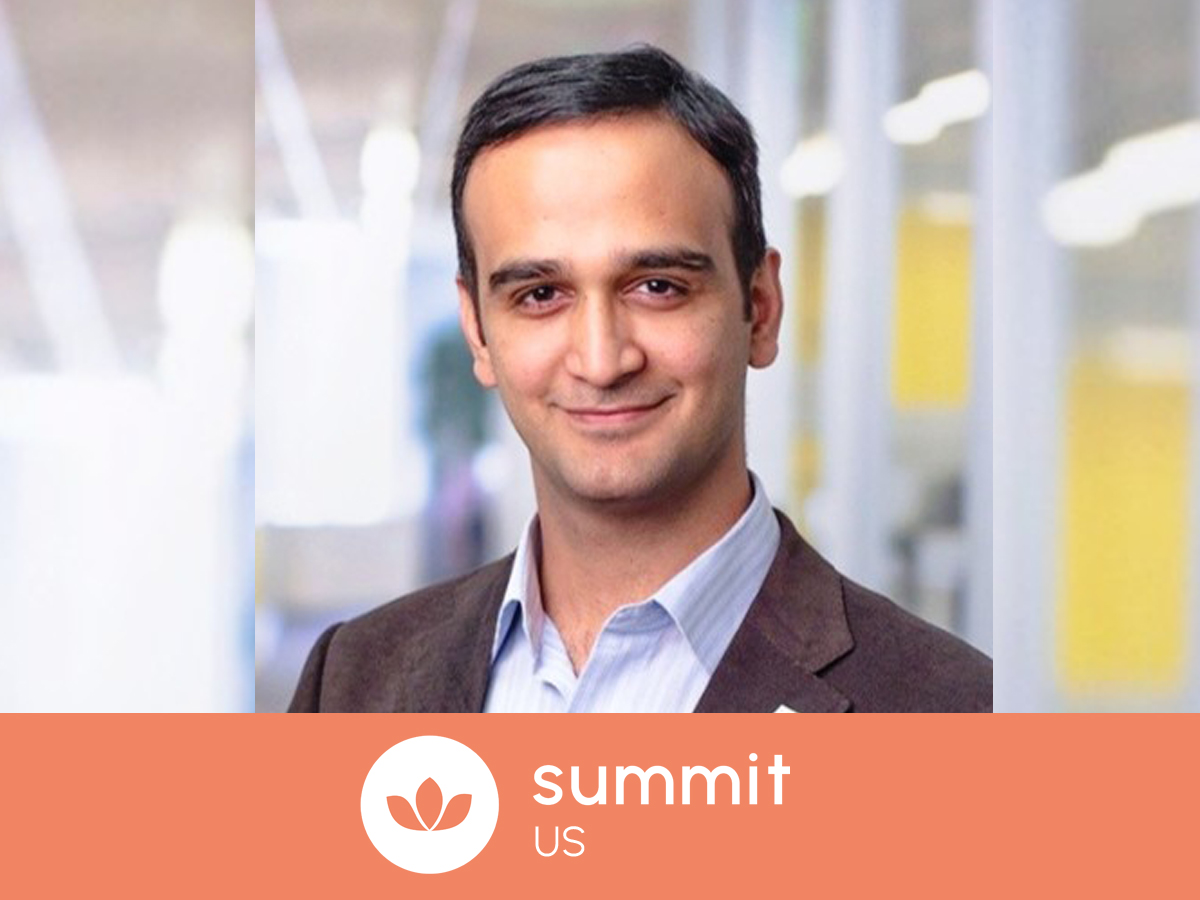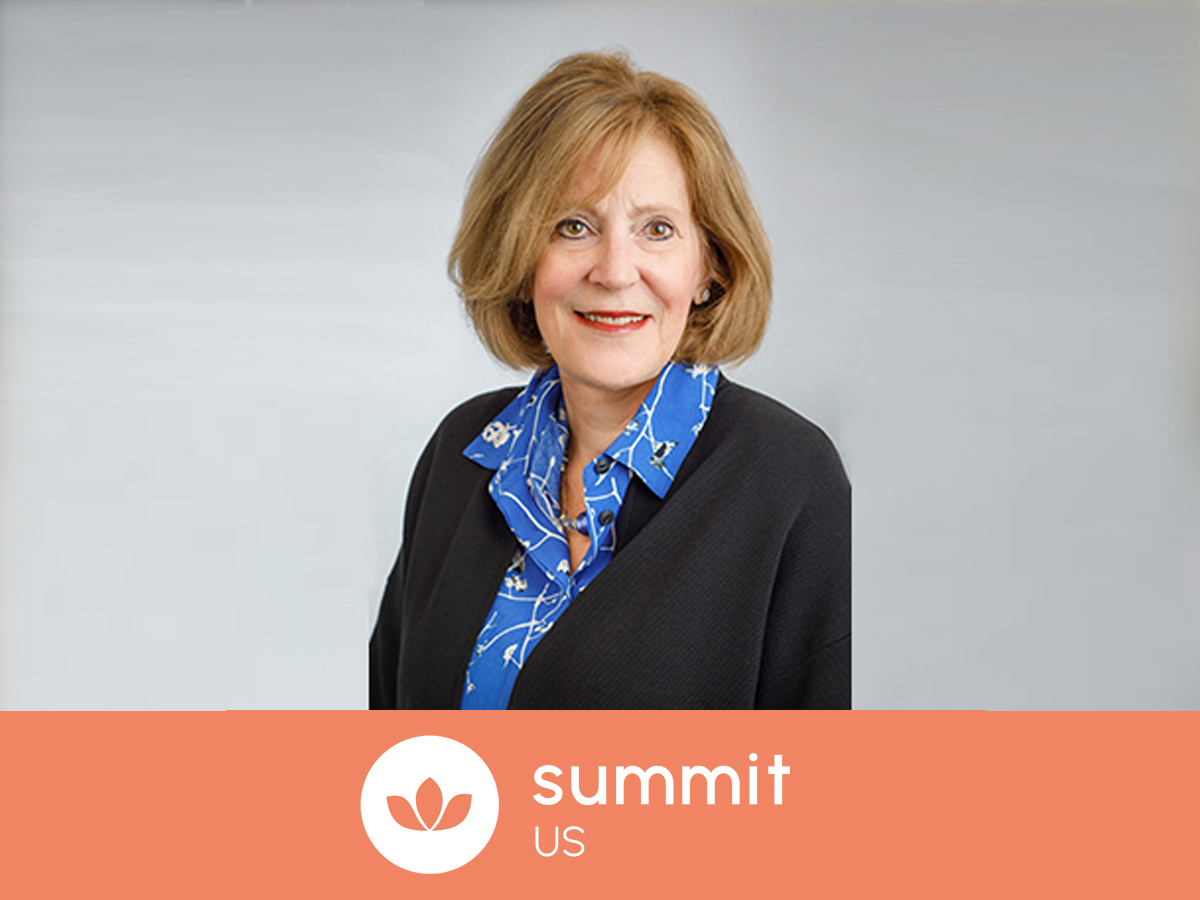
Serena serves as Chief People Officer at Silicon Labs, where she is responsible for the company’s global talent strategy, people programs, and values-driven, inclusive culture. Serena joined Silicon Labs in February 2017 to lead our global HR Business Partner team and was promoted to Senior Vice President and Chief People Officer in September 2020.
We are delighted that Serena will be speaking in Austin as part of our US summit. We caught up with her to see how she’s feeling in the runup to the event.
Hi Serena, we are thrilled that you will be speaking at the Wellbeing at Work US Summit in March. Our first and most important question is, how are you doing today?
I’m doing well, practicing lots of self-care, and focusing on the things I can control and the people I can impact.
As a leader based in the region, what are the main challenges you are facing when it comes to employee wellbeing and mental health?
Employees are handling a lot of change and uncertainty right now – not just as employees, but also as spouses, as caretakers, and as members of their communities. At the same time, employees are now looking to their employers to offer wellbeing support in ways that haven’t historically been offered. Each person’s needs vary, so it’s challenging to deliver programs at a global level that meet all those needs.
What strategies have you seen developing over the past 6 months, both internally and externally, that are moving the dial on wellbeing in the workplace?
Fundamentally, employees are asking for flexibility so they have the best shot at balancing personal, family and work demands. That can look like flexibility in schedule, location, or even projects. The more employers can personalize their approach and create a bit of space for their team members to maneuver – it can be a big win for employee wellbeing, engagement and retention.
Why is employee wellbeing so important to you personally?
I’ve seen first-hand how much impact a few personal adjustments can make on an employee’s overall health, productivity and engagement long-term. I also have many friends and family who have been on either the giving or the receiving end of mental health support, and I have deep appreciation for its benefits.
What impact is AI having in your organization and how are you managing that?
We see AI as a massive opportunity for both our IoT solutions and for our internal team productivity. Internally, we have established a GenAI Council to help establish design principles, manage proof of concept projects, and guide us as we all navigate this space. It’s a really exciting time, and one with so many unanswered questions.
Other than AI, are there any challenges that you are seeing for the first time and how are you addressing them?
This list is long! In the semiconductor industry, we have been managing through a pandemic, an unprecedented industry cycle, supply chain crisis, geopolitical tensions, labor market pressures, a high volume of M&A in our space, government subsidies and tariffs, and a whole host of things that require us to continuously evolve and adapt. There is no “HR playbook” for any of these curveballs. We orient to our strategy and use our core values to help us make the best decisions with the data we have available, knowing we will need to stay agile as we go.
What areas do you think employers should be focused on over the next 12 months?
Building leaders and teams who are resilient, have grit, can adapt, and can innovate within constrained environments.
Do you feel that investment in employee wellbeing in the region is increasing or decreasing and is that a direct reflection on HR leaders’ increasing ability to demonstrate effective returns of their strategies to leadership?
I hope it has become ‘table stakes’ for employers, but I am concerned about even the most beneficial programs being increasingly politicized for nobody’s gain. For us, it’s always been about our core value of “doing the right thing” and creating the best workplace for our employees. In other words: there are many ways wellness programs lead to higher levels of engagement (more effective returns), but that’s an outcome, not our primary reason for investing.
How has your organization been leading the way?
We have done a variety of things in the wellness and mental health space. Some recent examples: quarterly Quiet Weeks to encourage everyone to unplug and create more work/life balance; launching Headspace Care and Virgin Pulse platforms for free, 24/7 mental health and wellness support for every employee worldwide; manager coaching on how to identify possible employee wellness issues and resources to help their team members; employee resource groups (ERGs) that provide a community of support for mental health; talking about mental health and our employee programs openly and often to destigmatize the conversation. We are continually adapting and responding to employee needs as we go.
Serena will be speaking in Austin at the Wellbeing at Work Summit US which takes place in New York, Austin Texas and virtually. Further details on the Summit can be found here.



